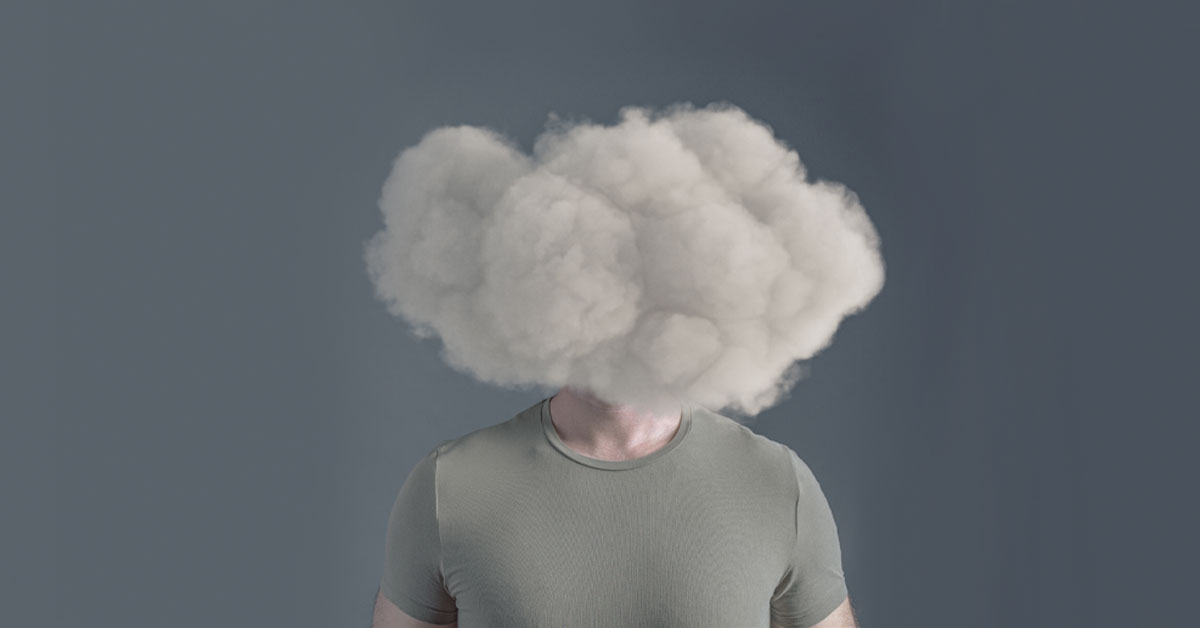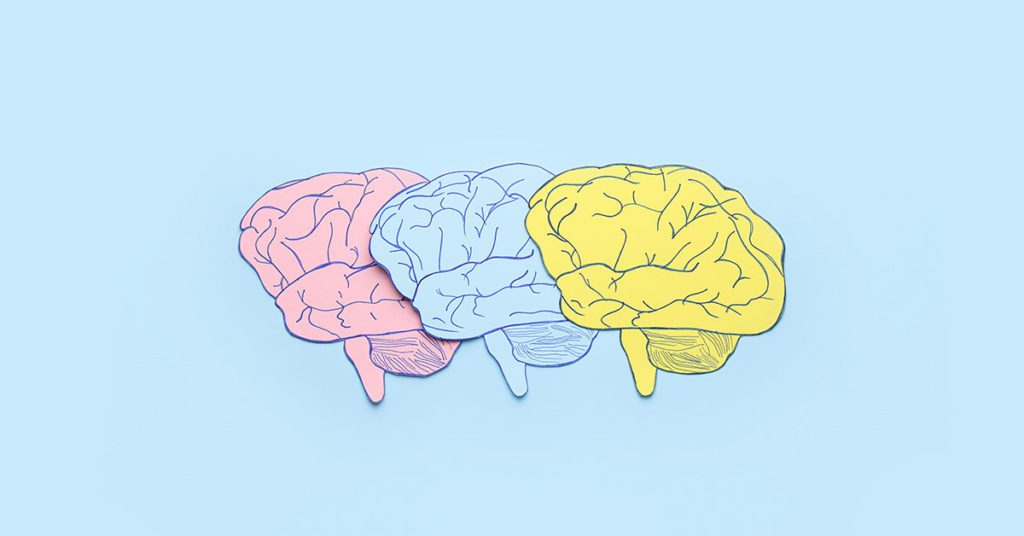Over three-quarters of those infected with long COVID experience difficulties with concentration and memory—what many call post-COVID brain fog. We sat with leading neurologist and expert on cognitive decline, Dr. Dale Bredesen, to learn more about the effects of long COVID and approaches to improve brain fog from COVID.
What Is Long COVID?
During the early stages of the pandemic, many will remember the initial confusion and varying symptoms of COVID-19, ranging from a dry cough to severe difficulty breathing. As the virus spread globally and variants emerged, so too have its symptoms evolved. Some people experience symptoms weeks or months after their initial infection, a syndrome often called long COVID or post-acute COVID.
Post-acute COVID-19, or long COVID, refers to a syndrome characterized by continued long-term symptoms and/or delayed complications beyond four weeks of infection.
Neurological symptoms may appear in those with long COVID. To more closely observe the impact of the virus on cognition, the Universities of Cambridge and Exeter in the United Kingdom conducted a study of 181 long COVID patients.
Long COVID patients showed observable, consistent symptoms of cognitive decline:
- 77.8% experienced difficulty concentrating
- 69% experienced brain fog
- 67.5% experienced forgetfulness
- 59.5% experienced difficulty recalling a specific word
- 43.7% experienced typing or saying an unintended word
Even those who don’t report serious symptoms may experience problems after recovering from COVID. The good news: these effects of COVID on memory and attention seem to improve over time in mild cases.
Neurological Symptoms of COVID
Neurological conditions are a significant complication of the coronavirus disease, resulting in symptoms like brain fog.
Neurological symptoms of long COVID may include:
- Losing your train of thought easily
- Problems concentrating
- Trouble keeping up with conversations
- Issues multitasking
- Difficulties with memory
Dr. James Jackson, director of behavioral health at the ICU recovery center at Vanderbilt University, advocates using the word “brain damage” rather than “brain fog”. He recommends that those experiencing neurological symptoms of COVID follow protocols similar to those undergoing cognitive rehabilitation due to brain injuries.
Millions of people have survived long COVID, and we still have a lot to learn when it comes to its long-term effects on the body, including the brain. As the population of people who have recovered from COVID grows, scientists will have information to make more accurate conclusions about the prolonged effects of the infection.
Tips to Improve Brain Fog from a Leading Neurologist
There is hope.
Leading neurologist Dr. Dale Bredesen specializes in cognitive decline and has worked with thousands of patients with Alzheimer’s disease and other forms of dementia. His research resulted in hundreds of peer-reviewed publications and his New York Times Best-seller, The End of Alzheimer’s.
After three decades of research, Dr. Bredesen developed a combination of strategies to support neuroplasticity—the brain’s ability to heal and grow new neurons. He has hope that applying similar approaches can help with post-COVID brain fog treatment and other neurological symptoms of COVID.
To learn more about brain fog from COVID and how it impacts cognition, check out our FREE ebook: Beyond Brain Fog: Dr. Bredesen Explains Symptoms of Post-COVID Brain Fog.





